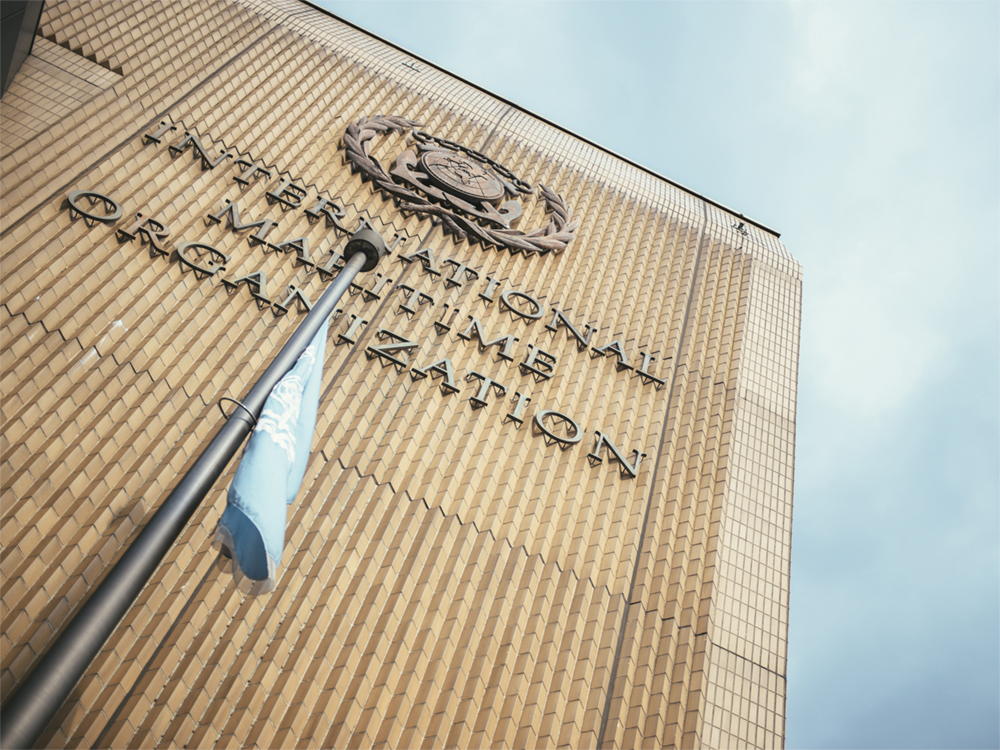Special Rapporteur assesses effectiveness of international regulatory mechanisms concerning hazardous substances and wastes.

The assessment is expected to focus on areas within IMO's mandate, under international treaties adopted by IMO.
In October 2020, the Human Rights Council renewed the mandate of the Special Rapporteur on the implications for human rights of the environmentally sound management and disposal of hazardous substances and wastes. The Special Rapporteur, first appointed in 1995, has a mandate to provide detailed, up-to-date information on a number of areas, including the developments, gaps and shortcomings in the effectiveness of international regulatory mechanisms concerning hazardous substances and wastes and their impact on the enjoyment of human rights. The Special Rapporteur seeks views and contributions from Governments, United Nations agencies and other relevant international organizations, civil society and other stakeholders.
As part of his mandate, the current Special Rapporteur, Marcos Orellana, requested a visit to the IMO Secretariat. The visit allows the Special Rapporteur to assess the work of IMO on questions relating to the toxics mandate in order to identify good practices, as well as areas that may need improvement to make constructive and concrete recommendations.
The assessment is expected to focus on areas within IMO's mandate, under international treaties adopted by IMO, including: the International Convention for the Prevention of Pollution from Ships (MARPOL); the International Convention for the Safety of Life at Sea (SOLAS); and conventions covering ship recycling (Hong Kong Convention); the control of harmful anti-fouling systems on ships (Anti-Fouling Convention); the control and management of ships' ballast water and sediments (BWM Convention); the dumping of wastes at sea (London Convention and Protocol), and those covering limitation of liability for pollution damage.
The Special Rapporteur conducted online meetings with key members of the IMO Secretariat from 9 to 18 December 2020. Follow-on meetings, including in-person meetings, when permissible, are expected during 2021, and the Special Rapporteurs' report is expected in September 2021. The Secretary-General is committed to cooperating with the Special Rapporteur in an open and transparent manner.
Submitting information
The Special Rapporteur has invited all interested stakeholder organizations, including civil society organizations, defenders of human rights and academics, to submit relevant information to support his work. The deadline for submissions is 31 March 2021. Further details are available here: https://www.ohchr.org/EN/Issues/Environment/SRToxicsandhumanrights/Pages/analysis-imo.aspx .
IMO Member States have also been invited to respond to the following questionnaire and provide any additional information they deem relevant. (Call for inputs - Special Rapporteur on toxics and human rights – Questionnaire: Impact analysis of the International Maritime Organization (IMO) (English | Français | Español))
Journalists and media outlets seeking further information regarding this media release or wishing to fact-check stories in advance of publication are encouraged to contact the Public Information Services of the IMO at media@imo.org.
